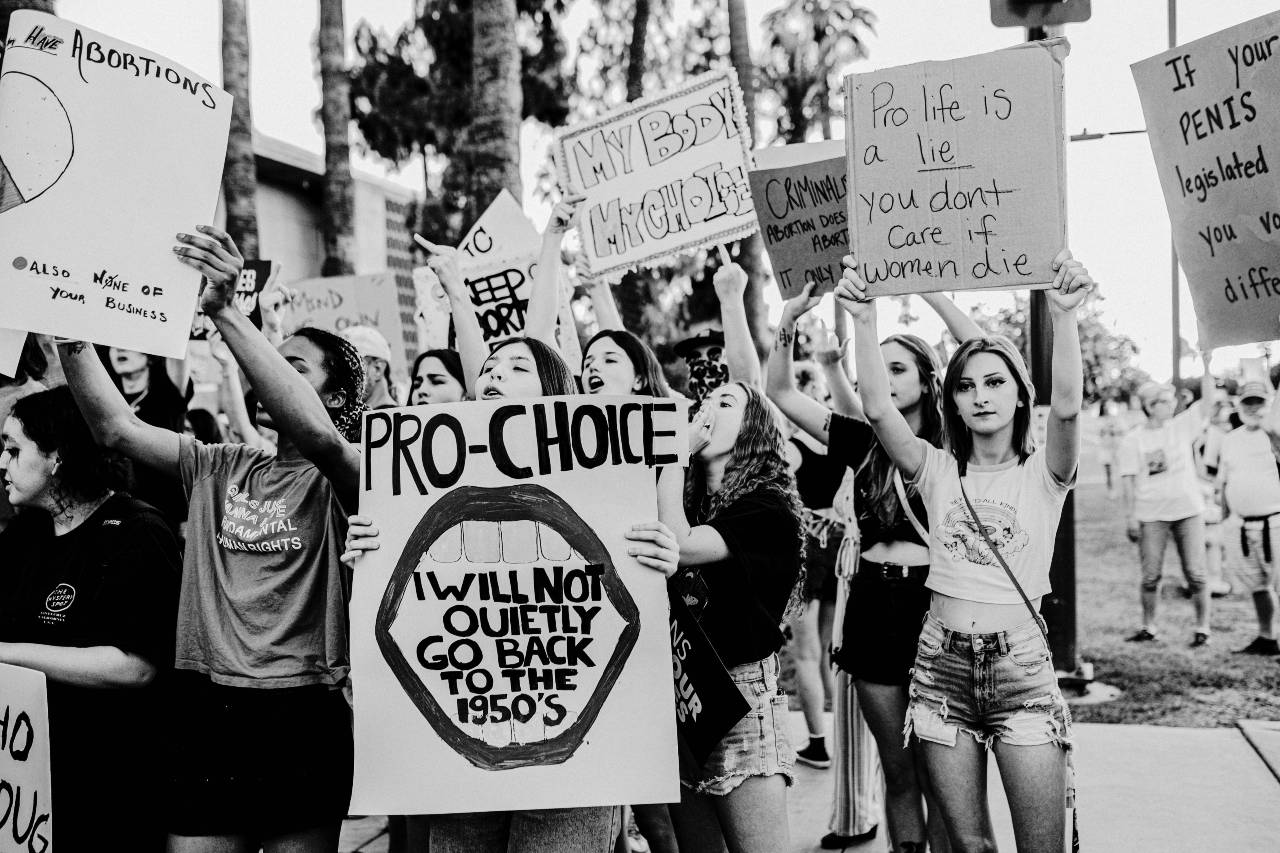It is easily one of the most misunderstood points of scripture — when Jesus tells his disciples to turn the other cheek when someone hits you. We treat this like retreat. As if he is saying, just take a beating and don’t fight back. But this is a distortion, confusing what is really happening.
Turning the other cheek is standing up to an act of violence, a bit of civil disobedience, to offer the other cheek, daring the person to hit you again. This time as an equal. This time in full knowledge of what it means. This time in front of all of these people. Show everyone just what you are made of.
The context is even more damning for the modern gloss, the one that rejects the power of standing firm against the oppressor, accepting a punishment they are not allowed to offer you, for they are not your superior. Not in the eyes of God. And you are not to be so easily dismissed and devalued.
We get this wrong because we don’t want to get it right. We like the idea of justifying our violence. And we like thinking of love as wimpy or feminine or whatever toxic cultural cocktail du jour is offered up in the manosphere or the White House. It is, itself, a delusion.
What Jesus offers is the same vision practiced for two thousand years. When a bully threatens you, you stand up and make him prove just how small and pathetic he really is. This is what we saw on the Edmund Pettus Bridge half a century ago. The weakness of the white supremacists looking to beat up peaceful marchers. And the world saw it for what it was.
Jesus commands us to love and we are constantly dreaming up excuses to avoid having to. Not because we don’t want to exactly, but because we are afraid to love the undeserving. That they will take advantage of us. But we need not be willing or complicit in any exploitation. Loving evil in front of us takes a willing confrontation, the conviction of our faith. It takes a willingness to protect one another with God’s love as the only true response.
